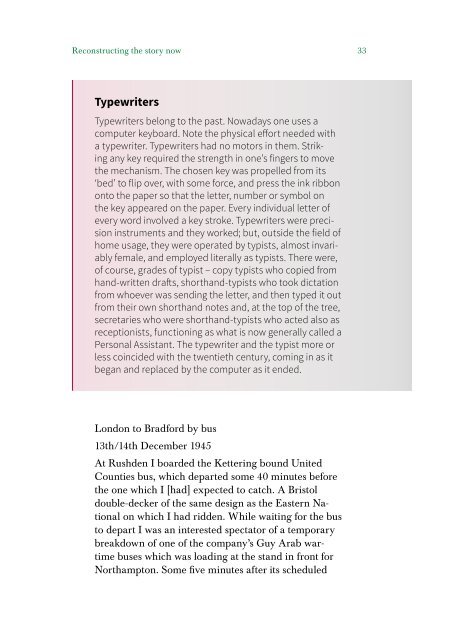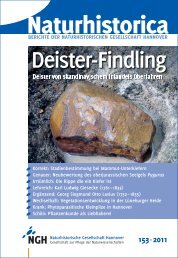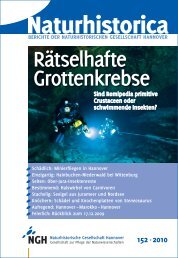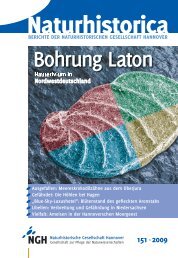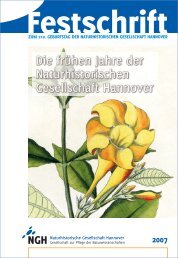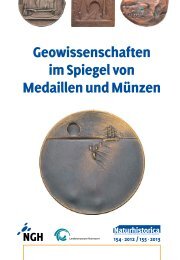Roger Atkinson - Blackout, Austerity and Pride
Blackout, Austerity and Pride – Life in the 1940s is a book written primarily from actual experience. It tells how an alert and intelligent boy, effectively orphaned at the age of 13, sets out to gain a foothold in life. Aided by some resourceful women, he unites a thirst for knowledge with a growing passion for places and buses and a strong sense of duty. http://www.memoir1940s.org.uk/
Blackout, Austerity and Pride – Life in the 1940s is a book written primarily from actual experience. It tells how an alert and intelligent boy, effectively orphaned at the age of 13, sets out to gain a foothold in life. Aided by some resourceful women, he unites a thirst for knowledge with a growing passion for places and buses and a strong sense of duty.
http://www.memoir1940s.org.uk/
Create successful ePaper yourself
Turn your PDF publications into a flip-book with our unique Google optimized e-Paper software.
Reconstructing the story now<br />
33<br />
Typewriters<br />
Typewriters belong to the past. Nowadays one uses a<br />
computer keyboard. Note the physical effort needed with<br />
a typewriter. Typewriters had no motors in them. Striking<br />
any key required the strength in one’s fingers to move<br />
the mechanism. The chosen key was propelled from its<br />
‘bed’ to flip over, with some force, <strong>and</strong> press the ink ribbon<br />
onto the paper so that the letter, number or symbol on<br />
the key appeared on the paper. Every individual letter of<br />
every word involved a key stroke. Typewriters were precision<br />
instruments <strong>and</strong> they worked; but, outside the field of<br />
home usage, they were operated by typists, almost invariably<br />
female, <strong>and</strong> employed literally as typists. There were,<br />
of course, grades of typist – copy typists who copied from<br />
h<strong>and</strong>-written drafts, shorth<strong>and</strong>-typists who took dictation<br />
from whoever was sending the letter, <strong>and</strong> then typed it out<br />
from their own shorth<strong>and</strong> notes <strong>and</strong>, at the top of the tree,<br />
secretaries who were shorth<strong>and</strong>-typists who acted also as<br />
receptionists, functioning as what is now generally called a<br />
Personal Assistant. The typewriter <strong>and</strong> the typist more or<br />
less coincided with the twentieth century, coming in as it<br />
began <strong>and</strong> replaced by the computer as it ended.<br />
London to Bradford by bus<br />
13th/14th December 1945<br />
At Rushden I boarded the Kettering bound United<br />
Counties bus, which departed some 40 minutes before<br />
the one which I [had] expected to catch. A Bristol<br />
double-decker of the same design as the Eastern National<br />
on which I had ridden. While waiting for the bus<br />
to depart I was an interested spectator of a temporary<br />
breakdown of one of the company’s Guy Arab wartime<br />
buses which was loading at the st<strong>and</strong> in front for<br />
Northampton. Some five minutes after its scheduled


